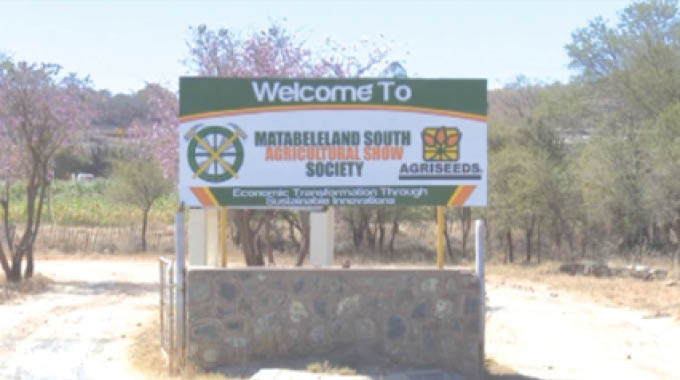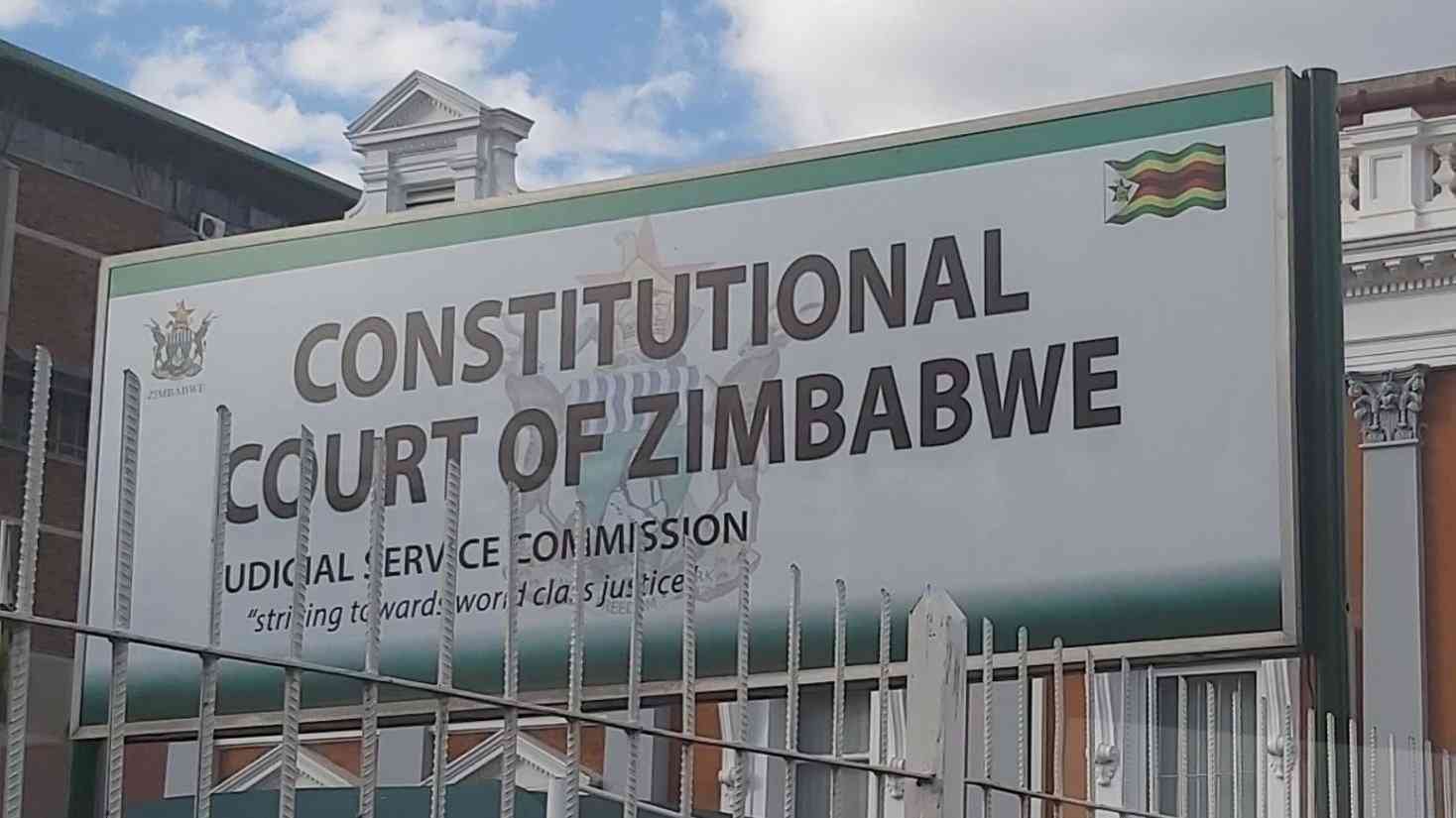THE bulk of the 2023/2024 maize crop is a complete write off following below average rainfall, agricultural sector leaders disclosed this week, warning that over half of the population would require food aid.
The unions spoke as captains of Zimbabwe’s largely agro-based industries warned of steep write-downs in fragile manufacturing firms as demand slips, under pressure from falling incomes and rising cost of living.
Swaths of maize crops had wilted, with farmers saying most of the affected crop would not recover even if rains returned.
Thousands of cattle have already died due to water shortages in Matabeleland South and some parts of the country, while wildlife experts warned this week of a surge in poaching in the coming months as water shortages mount.
In Mashonaland West, some farmers had by last week freed livestock to feed on the wilting maize crop, according to reports.
This week’s warning from farmers and industrialists came as the Grain Marketing Board (GMB) warned in January that current reserves would last only four months.
Keep Reading
- Letter from America: The death of the Zimbabwe dollar shows the King has no clothes
- Deputy minister in GMB theft scandal
- ZITF: The hits, misses of 62nd edition
- ZITF: The hits, misses of 62nd edition
El-Nino induced weather patterns, which are characterised by below average rainfall, have amplified an already dire situation in Zimbabwe, which is battling to shake off an intractable economic crisis marked by a free-falling currency.
Prince Kuipa, field operations director at the Zimbabwe Farmers Union (ZFU), described the crop situation across provinces as dire.
He confirmed that most of the crop was a ‘complete write off’.
“Information coming from our farmers shows that most of the grain has been affected and farmers are considering the maize crop as a write off,” Kuipa said.
“It is a disaster year. The crop is moisture stressed. Maybe government is going to announce a disaster situation so they can mobilise grain and arrange donor funding. Without anything coming from farms, government should kick in by importing grain. The private sector can also play its role to make sure that no one dies of hunger,” the ZFU boss told the Independent.
Tinotenda Mhiko, chief executive officer at the State-run Agriculture Rural Development Authority (Arda) said, the firm, which superintends over swaths of strategic farmlands across provinces, had not been spared by the heat, which has destroyed the hopes of a country that relies on agriculture to prop up industries.
“The 2023/2024 agricultural season has been characterised by below average rainfall brought about by El-Nino,” Mhiko said.
“This has not spared cropping programmes managed by Arda.
However, we have put in place mitigatory measures to counter the effects and salvage our crop,” he added.
The Independent was told that the effects of this year’s drought would be felt far and wide.
Kurai Matsheza, president at the Confederation of Zimbabwe Industries (CZI), said spending power would be hammered as drought tears through the economy, with deadly effects on manufacturing companies.
Over 55% of raw materials required by Zimbabwe’s industries come from the agricultural sector, according to experts.
They said with companies likely to switch to imported raw materials, the Reserve Bank of Zimbabwe’s already over stretched foreign currency auction system will fall under fresh pressures.
Reports said last week a backlog of US$3 million had already accumulated on the platform in the past 120 days.
“Our economy is agro-based and as agriculture gets affected by these drought conditions, other sectors also follow suit, particularly manufacturing,” the CZI chief told the Independent.
“With focus on ensuring that there is food for every citizen, discretionary spending will diminish hence aggregate demand will
slow down thus impacting on business performance,” he added.
Matsheza said utility costs were likely to rise, further squeezing Zimbabwe’s fragile industries.
“Zimbabwe has about 50% of its electricity generation capacity from hydro sources. With limited inflows into the dam (Lake Kariba), it means less capacity. This will affect all sectors of the economy as electricity is key in the whole economy. Water availability is critical for consumption (human, livestock, irrigation) and with drought, these are affected. With the food deficit projected to be high, as business we have already started engaging authorities to ensure that importation of grain is speeded up. The export drive is also fundamental to ensure that the nation generates enough foreign currency to meet food importation requirements,” Matsheza added.
Obert Jiri, permanent secretary in the Lands, Agriculture and Rural Resettlement ministry did not respond to a wide range of questions from the Independent concerning the drought.
But consumers are already feeling the effects of low rainfall. A cost-of-living update released by the World Bank last month indicated that Zimbabwe had the highest food inflation, standing at 26% in Africa.
The report attributed the high food inflation to the severe drought and a depreciating currency.
The 2024 national budget statement, which was presented last year in November Finance minister Mthuli Ncube availed inputs worth
US$234 to vulnerable groups to cover 1,1 million hectares meant to cushion the country from the predicted drought.
As at November 20,2023, GMB had distributed 7 044 metric tonnes of seed and 50 016 metric tonnes of fertiliser to farmers.
In recent times, Zimbabwe has experienced severe drought bouts notably in 1991/1992 and 2015/2016, prompting government to declare a state of disaster.





